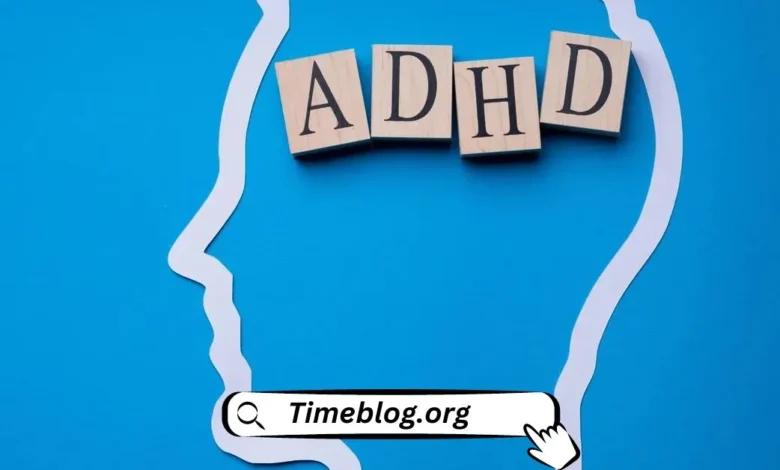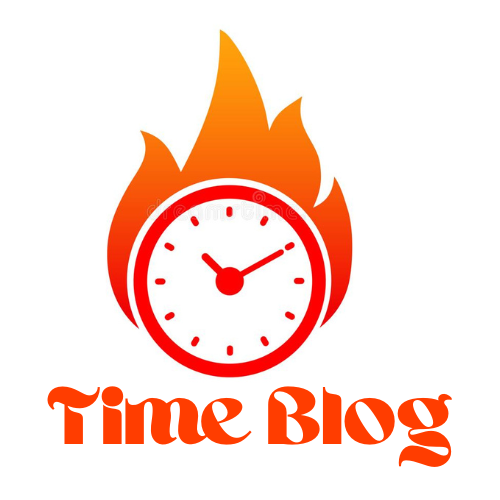Understanding the Diagnosis of ADHD in Adults in Washington, D.C.

When adults with undiagnosed ADHD obtain a diagnosis, they frequently feel relieved because it confirms their problems with symptoms such as forgetfulness and disorganization. Adult ADHD is diagnosed by psychiatrists using a mix of psychological exams, behavior rating scales, and symptom checklists. This page delves into the diagnosis process, covering popular procedures and examinations, as well as the distinction between inattentive and hyperactive ADHD. Looking for an adhd specialist washington dc? Visit the website.
Diagnosis of ADHD:
Many people with ADHD are not diagnosed until they are adults, which leads to feelings of inadequacy. A psychiatrist uses psychological exams, behavior rating scales, and symptom checklists to diagnose ADHD in adults. It is critical to acquire a diagnosis from a licensed mental health practitioner who is knowledgeable in ADHD diagnosis and treatment. A proper diagnosis and treatment plan are critical for enhancing mental health and preventing misdiagnosis.
DSM-5 criteria:
The DSM-5 includes criteria for diagnosing ADHD that vary depending on age. Children under the age of 16 must meet six or more requirements, while individuals over the age of 17 must meet five or more criteria for at least six months. Mental health practitioners use these criteria to assess and diagnose ADHD in individuals.
Online self-assessment tests:
The Adult ADHD Self-Report Scale (ASRS) and Wender Utah Rating Scale (WURS) online self-assessment exams can offer an indicator of the possibility of having ADHD. These tests, however, are not a replacement for a professional diagnosis. It is required to be assessed by a mental health expert in order to acquire an official diagnosis and suitable therapy.
Kinds of ADHD?
There are three forms of ADHD: inattentive, hyperactive/impulsive, and mixed. Inattentive ADHD is distinguished by difficulty following directions, organizing, memorizing, and paying attention. Restlessness, fidgeting, excessive talking, and impulsivity are all symptoms of hyperactive/impulsive ADHD. Combined ADHD is characterized by symptoms of both kinds. ADHD frequently coexists with other mental health problems, and identifying comorbidity is critical for effective treatment.
Final thoughts:
Medications that help manage symptoms are commonly used to treat ADHD. Stimulants of the central nervous system (CNS) are often recommended to enhance dopamine and norepinephrine levels, therefore increasing attention and focus. Adderall and Dexedrine are two examples. When stimulants are ineffective or have negative side effects, non-stimulant medicines such as Strattera may be utilized. Antidepressants can also be used to treat ADHD. Your doctor will recommend a medicine based on your unique requirements.




